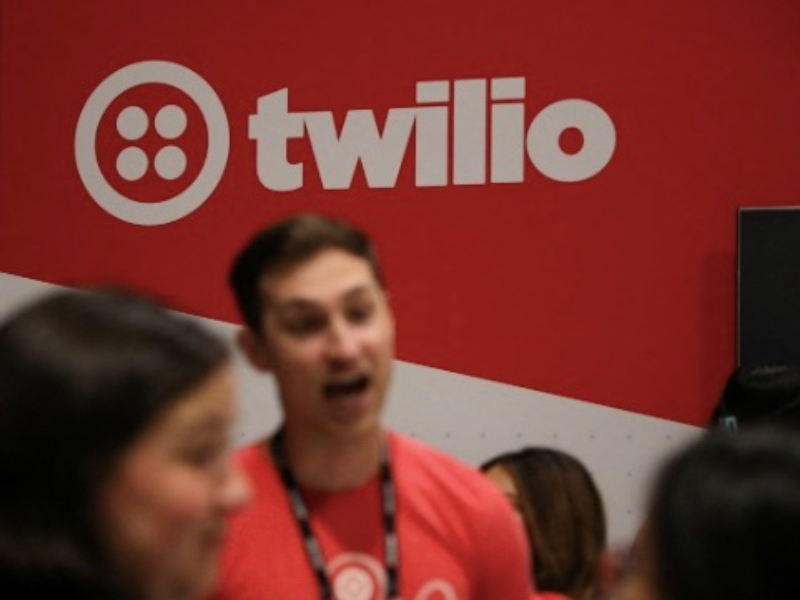- Partnership brings interactive RCS messaging to French businesses
- Over 70% of French mobile users already support RCS
What happened: Twilio teams with Orange to scale secure RCS across France
Twilio has announced a partnership with Orange to expand Rich Communication Services (RCS) Business Messaging across France. The announcement was made during the Transform London event on 11 June 2025. This collaboration allows businesses to deliver interactive and secure messaging through users’ native messaging apps.
As of 1 June 2025, RCS reaches more than 45 million smartphones in France — over 70% of the mobile market. Orange expects coverage to hit 85% by the end of 2025. The service supports features like images, carousels, buttons and delivery tracking. For devices without RCS, messages will default to SMS via Twilio’s fallback system.
Orange selected Twilio for its global communications expertise. The partnership responds to increasing demand for rich, secure, and branded customer engagement solutions. A Twilio report notes that 81% of consumers prefer RCS over SMS, while three in four businesses plan to adopt it this year.
Also Read: Twilio: Transforming cloud communications with AI and compliance
Also Read: Orange enhances LEO satellite services
Why it’s important
This partnership helps businesses reach customers with richer, interactive mobile messaging. As RCS becomes a default standard, France is set to lead Europe in its adoption. The collaboration gives enterprises tools to strengthen trust and improve engagement using verified sender identities and multimedia messaging.
RCS offers enhancements over SMS, including improved branding and message tracking. This helps brands drive higher response rates while ensuring security. The fallback to SMS ensures full message coverage.
The Twilio–Orange alliance supports the shift toward digital-first communications. With RCS available on Android and iOS, more businesses can adopt it without extra apps. This builds consistent, native interactions across user bases. As mobile habits change, this rollout will likely influence wider adoption across Europe and beyond.

